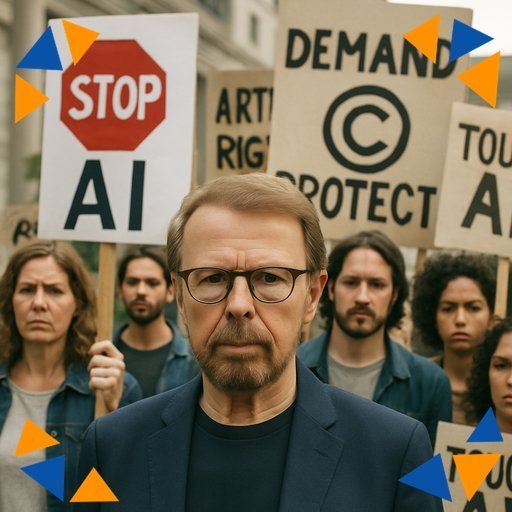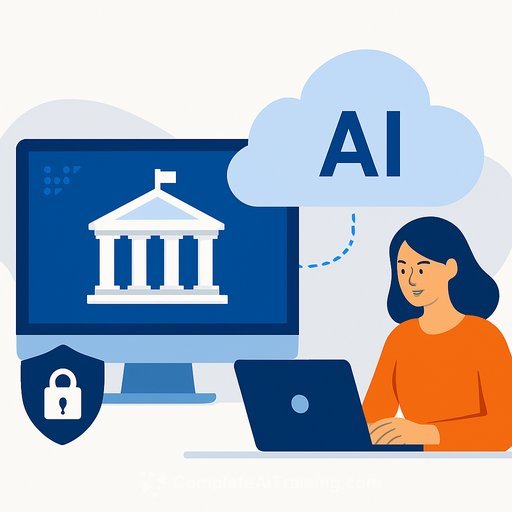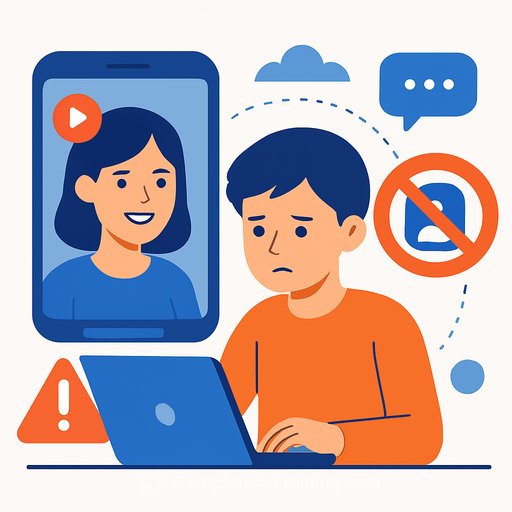Australia keeps copyright guardrails for AI training
The Albanese government has ruled out a copyright exception for text and data mining to train AI models. The message is clear: if you want Australian content to train models, you license it.
This decision closes the door on a broad training carve-out and puts responsibility back on tech firms, agencies, and rights holders to strike deals that respect existing law.
What the decision says
Attorney-General Michelle Rowland said, "This government has repeatedly said that there are no plans to weaken copyright protections when it comes to AI. The tech industry and the creative sector must now come together and find sensible and workable solutions to support innovation while ensuring creators are compensated."
The government had previously indicated there were "no plans" for an exemption. It has now confirmed those plans won't change.
Why it matters for government teams
- Procurement and contracts: Ensure vendors warrant they have rights to any data used to train, fine-tune, or improve models provided to your agency.
- Data sourcing: Avoid scraping or bulk ingestion of copyrighted material without licenses. Prefer public domain, properly licensed, or agency-owned content with clear permissions.
- Budgeting: Expect higher costs where licensing is required. Build line items for content rights and dataset subscriptions.
- Risk and compliance: Keep a register of training datasets, sources, and license terms. Require provenance attestations and audit rights in contracts.
- Privacy alignment: Copyright is not a substitute for privacy compliance. Run privacy impact assessments where personal information may be involved.
- Cross-border vendors: Confirm that offshore providers meet Australian copyright requirements, not just their local rules.
Industry reaction
News Corp Australasia executive chairman Michael Miller called the decision a catalyst for licensing. "By upholding the creator's right to control access, terms of use and payment it reinforces that our copyright law works to ensure effective market outcomes," he said.
He added that the announcement "secures a sustainable and thriving future for Australia's culture, news media and creative sectors" and urged swift action on the News Bargaining Incentive and the News Media Assistance Program for small and regional media companies.
Creative sector response
The Australian Recording Industry Association (ARIA) and Phonographic Performance Company of Australia (PPCA) welcomed the move. CEO Annabelle Herd said the decision "recognises the inherent value of Australian creativity and culture, including First Nations Culture."
"It recognises that copyright and IP laws are the foundation of the creative economy, the digital economy, and the technology industry," she said. "We should not be considering new models or creating loopholes, we should be upholding the laws that already sustain thousands of jobs and exports."
Context: the policy debate
The Productivity Commission previously argued that limits in the Privacy Act and current settings constrain innovation and suggested easing restrictions to unlock economic gains. The government has chosen a different path: protect copyright, push licensing, and ask industry to find workable models within the law.
For officials, that means prepare for more negotiations between platforms and rights holders, and expect guidance to focus on compliance, transparency, and licensing norms-rather than blanket exceptions.
Action checklist for agencies
- Inventory your AI uses: distinguish inference-only tools from any model training or fine-tuning activity.
- Lock down licensing: obtain explicit rights for any content used to train or improve models; keep copies of license terms.
- Tighten contracts: add warranties, indemnities, audit clauses, and provenance reporting for model and data suppliers.
- Set guardrails: restrict staff from scraping or uploading unlicensed copyrighted material into training workflows.
- Recordkeeping: maintain a dataset register covering source, rights, retention, and usage limits.
- Governance: run legal and privacy reviews before any training project; brief executives on residual IP risks.
- Upskill teams: train procurement, legal, data, and product staff on copyright boundaries for AI.
Useful references
Build capability without crossing the line
If your team needs structured training on AI use that respects copyright and privacy, explore role-based options here: Complete AI Training - Courses by Job.
Your membership also unlocks:






